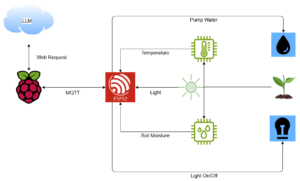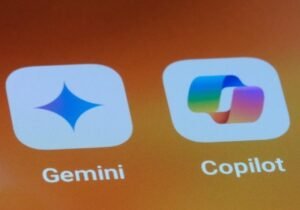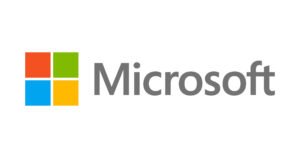Microsoft Warns that Excessive Dependence on Copilot Diminishes Critical Thinking Skills

The Rise of Generative AI and Its Impact on Critical Thinking
The integration of generative AI into daily activities and workflows is becoming increasingly popular. Many people are now using tools like Microsoft Copilot to automate mundane tasks, allowing them to focus on more complex challenges that require deeper mental engagement. Despite the convenience these tools offer, a recent study from Microsoft, in collaboration with Carnegie Mellon University, raises concerns about the potential negative effects of over-reliance on AI.
Understanding the Concerns
Researchers have identified that depending too heavily on AI may hinder a person’s critical thinking abilities, ultimately leading to deterioration in cognitive skills. The study highlights that while automation helps manage routine tasks, it also deprives individuals of opportunities to practice their judgment. The researchers stated, “By mechanizing routine tasks and leaving exception-handling to the human user, you deprive the user of the routine opportunities to practice their judgement and strengthen their cognitive musculature.”
This lack of practice can result in users being unprepared to tackle unexpected challenges that arise in their professional environments. The study evaluated how employees utilize AI and their varying levels of confidence while doing so. Surprisingly, it was found that employees who frequently relied on AI tools often struggled when faced with situations requiring critical thinking, unlike those who engaged less with these technologies.
Users’ Perspectives on AI Dependency
In previous discussions and reports, concerns have emerged regarding the long-term implications of using AI tools like ChatGPT and Microsoft Copilot. Many social media users have expressed sentiments such as feeling “less intelligent” due to their reliance on these technologies. A Reddit user even commented on the faith that human beings could potentially become less thoughtful as they increasingly depend on AI-generated solutions.
Some users have reported a decline in motivation to use their own critical thinking and creative skills. Instead of engaging deeply with their work, they tend to seek quick fixes using AI, illustrating a worrying shift in behavior and workplace dynamics.
The Accuracy Debate: AI and News Summaries
Recent findings from a study by the BBC highlight another pressing issue: AI tools, including ChatGPT and Copilot, often struggle to distinguish between opinions and facts when summarizing news articles. The summaries produced can be contaminated with inaccuracies, leading to a misrepresentation of information. This factor adds another layer of concern regarding the over-reliance on AI for information processing and decision-making.
Voices from the Tech Industry
Notable figures in the tech industry, such as Bill Gates and NVIDIA CEO Jensen Huang, have shared insights on the future of AI. Gates has suggested that AI could eventually replace humans in many tasks. Huang has even expressed that traditional coding might become obsolete due to advancements in AI technology. Meanwhile, Elon Musk envisions a future where AI takes over many jobs, transforming work into a potential luxury rather than a necessity.
Summary of Key Points
- AI Usage Growth: Tools like Microsoft Copilot are increasingly common in personal and professional settings.
- Critical Thinking Risks: Over-dependence on AI can lead to reduced cognitive skills and critical thinking capabilities.
- Employee Engagement: Users relying heavily on AI tools may feel less confident in their problem-solving skills when faced with challenges.
- Accuracy Issues: AI-generated summaries can contain inaccuracies, leading to misinformation.
- Industry Predictions: Leaders in tech voice concerns about job displacement and the future role of AI in work.
As generative AI continues to evolve, it is crucial to consider its effects on our cognitive abilities and the information we consume. Balancing the use of these powerful tools while cultivating our critical thinking and creative skills will be essential for navigating the future landscape of work and decision-making.





